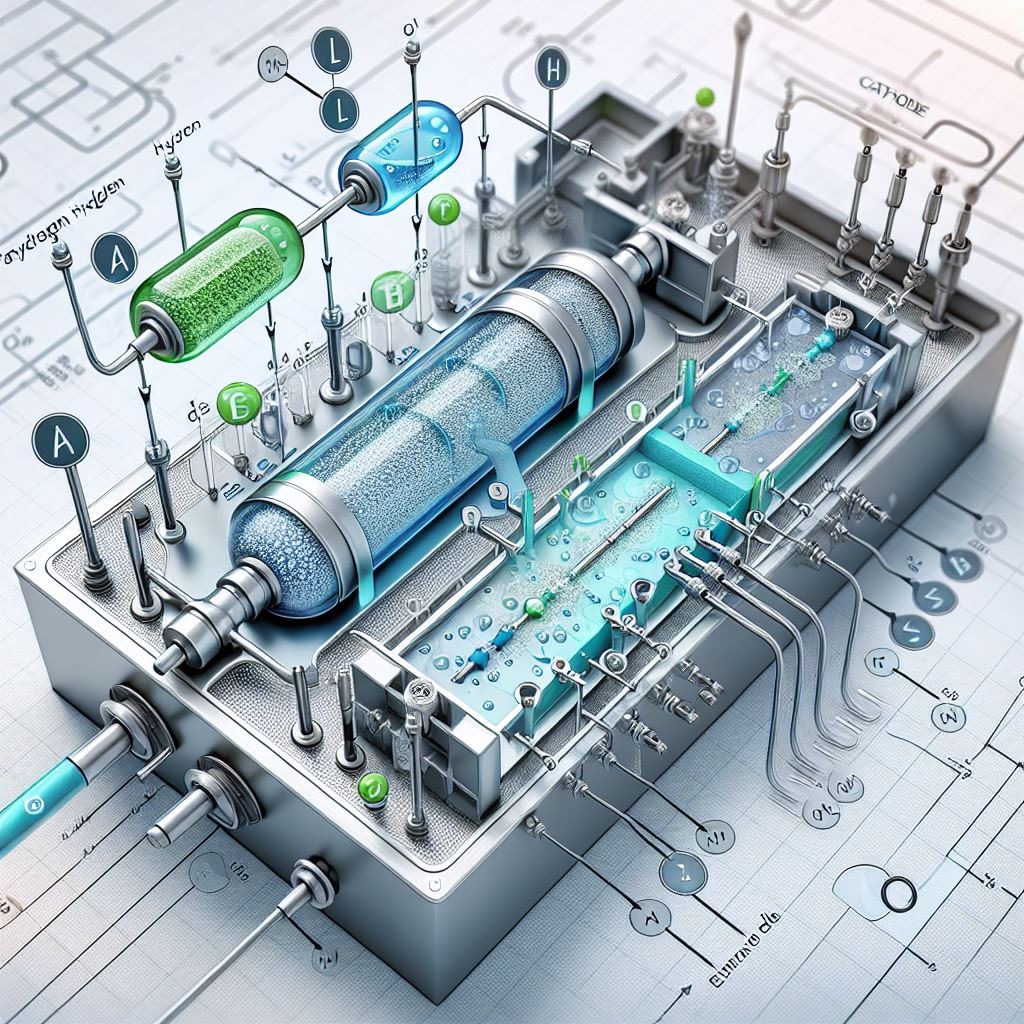Hydrogen Fuel Cell Vehicles in India: Technology and Market Potential
Blog post description.
TECHNOLOGY
4/5/20253 min read


Hydrogen Fuel Cell Vehicles in India: Technology and Market Potential
As India strives towards sustainable and eco-friendly transportation solutions, hydrogen fuel cell vehicles (HFCVs) have emerged as a promising alternative to traditional internal combustion engines and battery electric vehicles. This article explores the technology behind HFCVs, their operational mechanisms, and evaluates their potential within the Indian market.
Understanding Hydrogen Fuel Cell Vehicles
What Are Hydrogen Fuel Cell Vehicles?
Hydrogen fuel cell vehicles utilize hydrogen gas to generate electricity, powering electric motors that drive the vehicle. Unlike conventional vehicles that rely on fossil fuels, HFCVs produce zero tailpipe emissions, emitting only water vapor.
How Do They Work?
The core component of an HFCV is the fuel cell stack, which converts hydrogen gas into electricity through an electrochemical process:
Hydrogen Storage: Hydrogen gas is stored in high-pressure tanks within the vehicle.
Electricity Generation: Hydrogen is fed into the fuel cell stack, where it reacts with oxygen from the air. This reaction produces electricity, water, and heat.
Powering the Motor: The generated electricity powers the vehicle's electric motor, propelling the vehicle.
Emissions: The only by-product emitted from the tailpipe is water vapor, making HFCVs environmentally friendly.
The Current Landscape in India
Government Initiatives
The Indian government has launched several initiatives to promote hydrogen as part of its National Green Hydrogen Mission:
Faster Adoption and Manufacturing of Hybrid and Electric Vehicles (FAME) Scheme: Expanded to support hydrogen-powered vehicles.
National Hydrogen Energy Mission (NHEM): Focuses on green hydrogen production and applications.
Public-Private Partnerships: Collaborations between government agencies and private firms to develop hydrogen fueling infrastructure.
Pilot Projects and Industry Participation
Several automakers are exploring hydrogen fuel cell technology in India:
Toyota Mirai: In 2022, Toyota, in collaboration with the International Centre for Automotive Technology (ICAT), launched a pilot project to study and evaluate the Toyota Mirai, one of the world's first hydrogen fuel electric vehicles, on Indian roads and climatic conditions.
Hyundai Nexo: Hyundai is expected to introduce its hydrogen fuel cell vehicle, the Nexo, in India between 2025-2026, contingent on infrastructure development.
Tata Motors and Indian Oil Corporation Collaboration: In March 2022, Tata Motors showcased its prototype of a fuel cell electric vehicle (FCEV) bus and entered into a deal with Indian Oil Corporation for 15 fuel cell buses.
Challenges Facing Hydrogen Fuel Cell Vehicles in India
Infrastructure Limitations
A significant barrier to HFCV adoption is the lack of hydrogen refueling infrastructure. As of recent reports, India had only four hydrogen dispensing stations, compared to 161 in Japan and 250 in China.
High Production Costs
The production, storage, and delivery of hydrogen are expensive due to the current lack of large-scale operations and advanced technology to decrease costs. This results in higher costs for both manufacturers and consumers.
Safety Concerns
Hydrogen is highly flammable, and its storage and transportation pose safety challenges. Ensuring the safe handling of hydrogen is crucial for public acceptance and regulatory approval.
Competition from Electric Vehicles
With strong EV adoption, passenger hydrogen cars may face stiff competition from electric vehicles, which currently have a more established infrastructure and market presence.
Market Potential and Future Outlook
Commercial Vehicle Focus
Hydrogen fuel cell technology is gaining attention in the commercial vehicle sector:
Heavy-Duty Trucks and Buses: In February 2023, Reliance Industries Limited, in partnership with Ashok Leyland, unveiled its first hydrogen internal combustion engine (H2ICE) technology for heavy-duty trucks.
Public Transport: The Kerala State Road Transport Corporation (KSRTC) is pioneering the integration of hydrogen-powered buses into its operations, aiming to reduce transportation emissions.
Market Projections
The India hydrogen fuel cell vehicle market is projected to grow significantly:
Market Size: Estimated at USD 80.36 million in 2022, with expectations to reach USD 347.85 million by 2029, growing at a CAGR of 27.66%.
Government Support
The Indian government's commitment to green hydrogen is evident through substantial investments:
National Green Hydrogen Mission: Launched with an allocation of INR 19,744 crore, aiming for annual green hydrogen production of 5 million metric tonnes by 2030.
Conclusion
Hydrogen fuel cell vehicles present a promising avenue for India's sustainable transportation future. While challenges such as infrastructure development, production costs, and safety concerns need to be addressed, ongoing government initiatives and industry collaborations indicate a positive trajectory. With strategic investments and policy support, HFCVs could play a pivotal role in India's journey towards achieving its net-zero emissions goal by 2070.

Explore
Join us on our journey to monetize content.
© 2025. All rights reserved.
